
The Huxleys: An Intimate History of Evolution
Alison Bashford | The University of Chicago Press (US), Allen Lane (UK)
An original and engaging work, The Huxleys is a tapestry of this family’s momentous public achievements interwoven with their private triumphs and tragedies. Not only is this an intimate history of a family, but also a history of humanity grappling with its place in nature.
Alison Bashford is Laureate Professor of History at the University of New South Wales. She is Fellow of the British Academy, the Australian Academy of Humanities and Honorary Fellow of Jesus College, Cambridge.
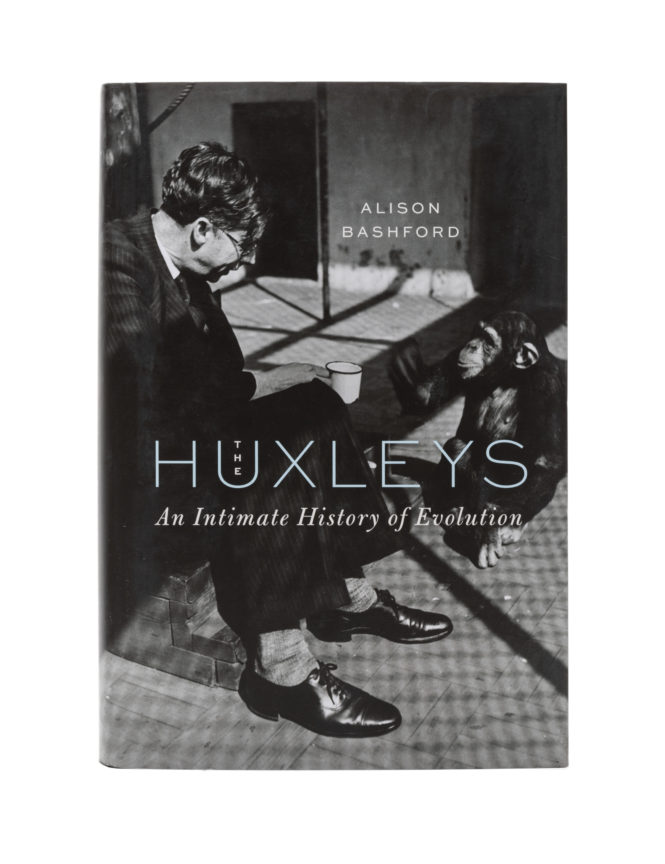
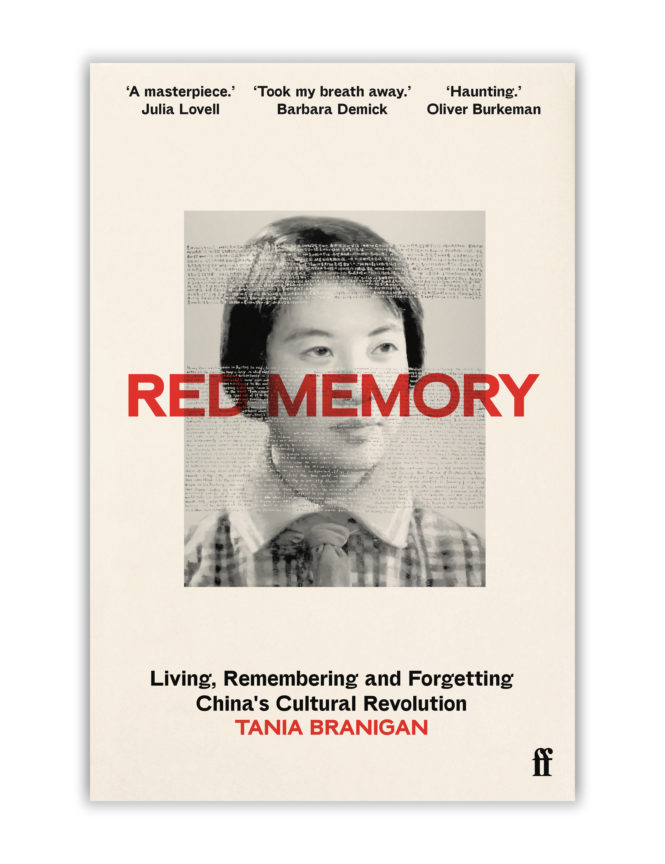
Red Memory: Living, Remembering and Forgetting China’s Cultural Revolution
Tania Branigan | Faber & Faber
An indelible exploration of the Cultural Revolution and how it shapes China today, Red Memory uncovers forty years of silence through the rarely heard stories of individuals who lived through Mao’s decade of madness.
Tania Branigan is the Guardian foreign leader writer; she spent seven years as the Guardian’s China correspondent. Her writing has also appeared in the Washington Post and the Australian. Red Memory is her first book.
The Declassification Engine: What History Reveals About America’s Top Secrets
Matthew Connelly | Pantheon Books
An astonishing study of power and a crucial examination of the self-defeating nature of secrecy and the dire state of a nation’s archives, The Declassification Engine is a powerful reminder of the importance of preserving the past so that we may secure our future.
Matthew Connelly is a professor of international and global history at Columbia University, codirector of its social science institute, and the principal investigator at History Lab, a project to apply data science to the problem of preserving the public record and accelerating its release.
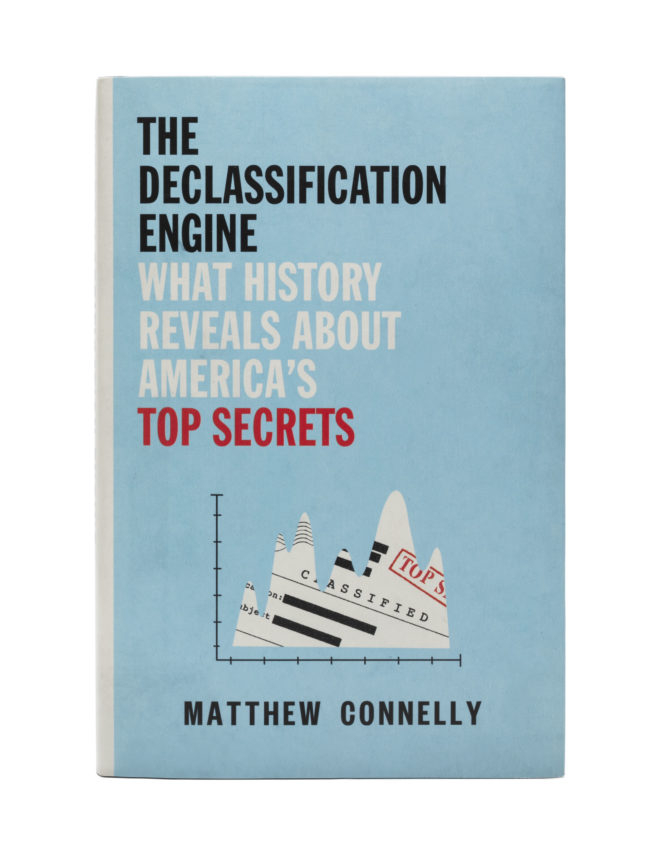
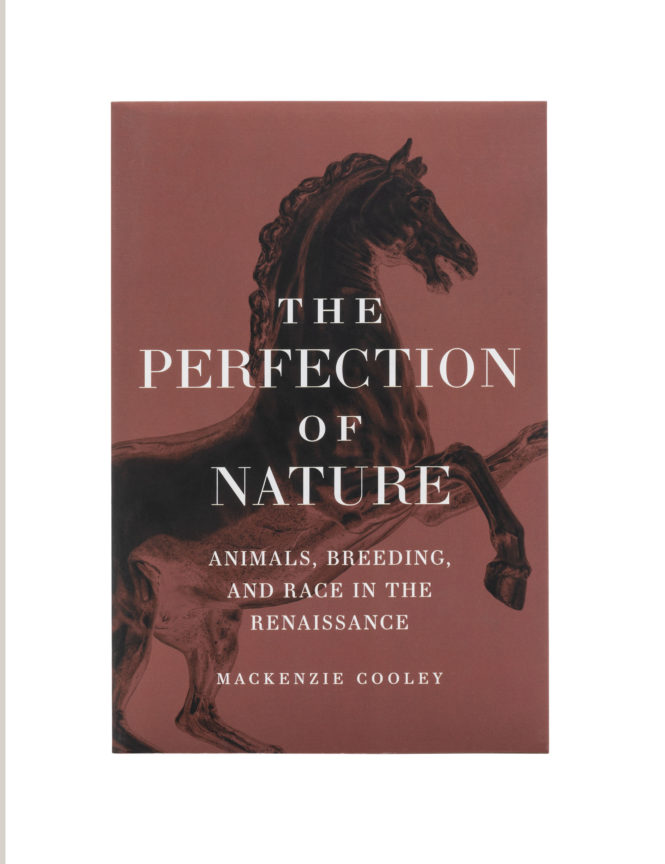
The Perfection of Nature: Animals, Breeding, and Race in the Renaissance
Mackenzie Cooley | The University of Chicago Press
The Perfection of Nature is a revelatory work that explores how the concept of race moved from nonhuman to human which exposes how - as the dangerous idea of controlled reproduction was brought to life again and again - a rich, complex, and ever-shifting language of race and breeding was born.
Mackenzie Cooley is assistant professor of history and director of the Latin American Studies program at Hamilton College in New York.
Queens of a Fallen World: The Lost Women of Augustine’s Confessions
Kate Coopes | Basic Books
While many know of St Augustine and the Confessions, few know of the women whose hopes and dreams shaped his early life. Drawing upon their depictions in the Confessions, historian Kate Cooper skilfully reconstructs their lives against the backdrop of the late Roman Empire to paint a vivid portrait of the turbulent society they and Augustine moved through.
Kate Cooper is Professor of History at Royal Holloway, University of London. Her work explores the world of the Mediterranean in the Roman period, with a special interest in daily life and the family, religion, gender, and social identity, along with martyrdom, resistance movements, and religious violence.
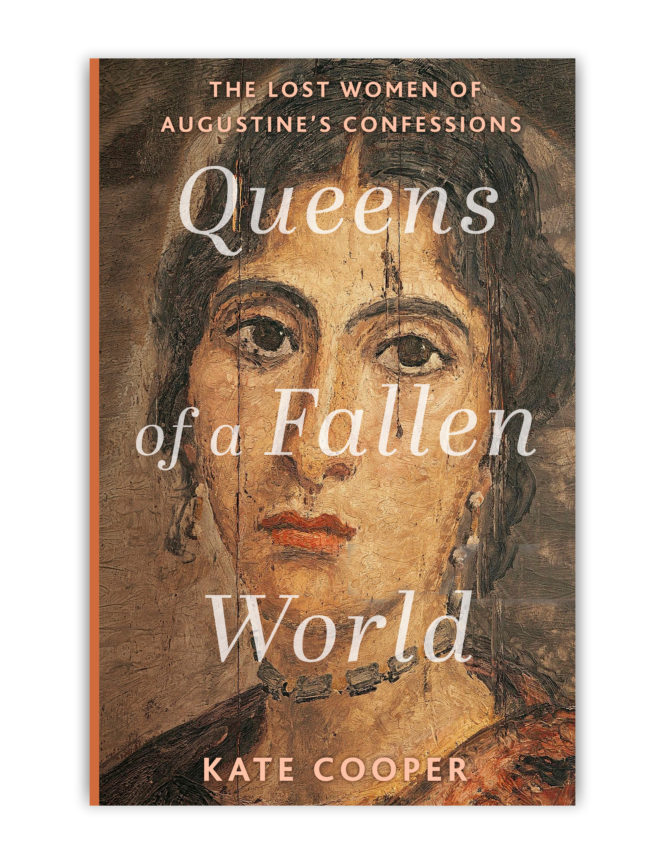
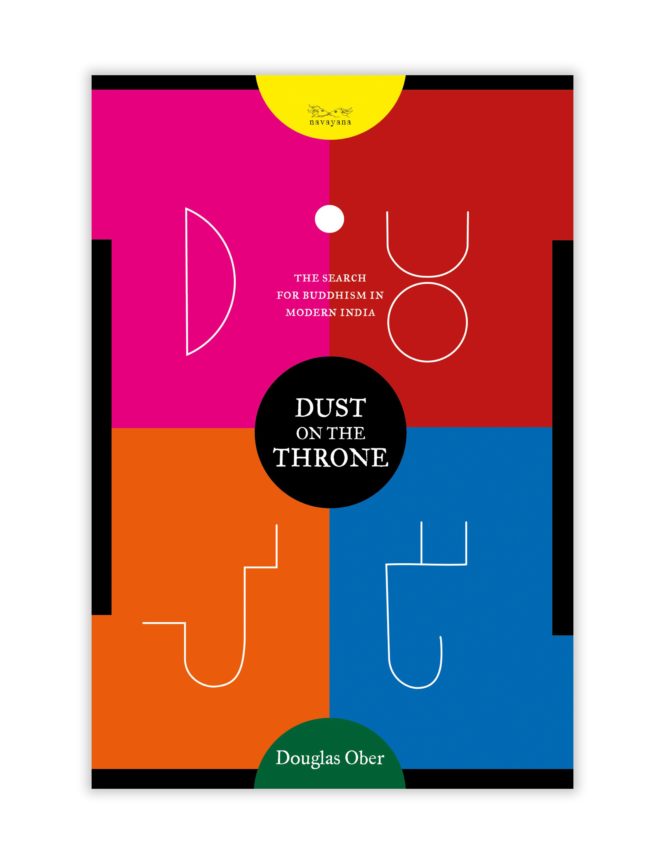
Dust on the Throne: The Search for Buddhism in India
Douglas Ober | Navayana
Dust on the Throne explores Buddhist religious dynamics in an age of expanding colonial empires, intra-Asian connectivity, and the histories of Buddhism produced by nineteenth and twentieth century Indian thinkers. Ober opens new avenues for understanding Buddhism’s substantial socio-political impact and intellectual legacy.
Douglas Ober is Visiting Assistant Professor of History at Fort Lewis College and an Honorary Research Associate in the Centre for India and South Asia Research at the University of British Columbia.
Charged: A History of Batteries and Lessons for a Clean Energy Future
James Morton Turner | University of Washington Press
James Morton Turner unpacks the history of batteries to explore why solving “the battery problem” is critical to a clean energy transition in Charged. With new insight on the consequences for people and communities on the front lines, Turner draws on the past for crucial lessons that will help us build a just and clean energy future.
James Morton Turner is professor of environmental studies at Wellesley College. He is author of The Promise of Wilderness: American Environmental Politics Since 1964 and co-author of The Republican Reversal: Conservatives and the Environment from Nixon to Trump.

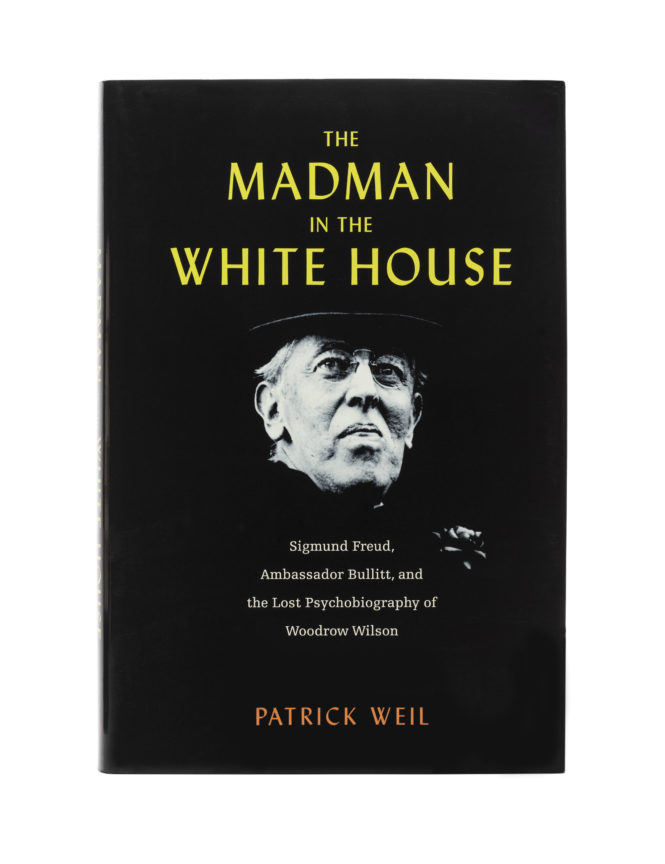
The Madman in the White House: Sigmund Freud, Ambassador Bullit, and the Lost Psychobiography of Woodrow Wilson
Patrick Weil | Harvard University Press
In The Madman in the White House, Weil resurrects this forgotten portrait of a troubled president and sends a powerful warning about the influence a single unbalanced personality can have on the course of history.
Patrick Weil is Oscar M. Ruebhausen Distinguished Fellow at Yale Law School and a research professor at the National Center for Scientific Research in France. The founder and president of Libraries Without Borders, he is the author of The Sovereign Citizen and How to Be French.